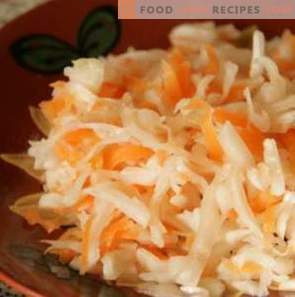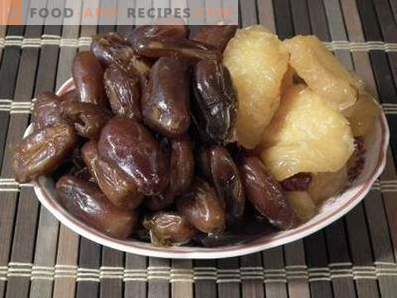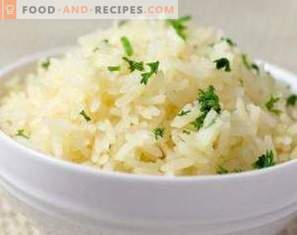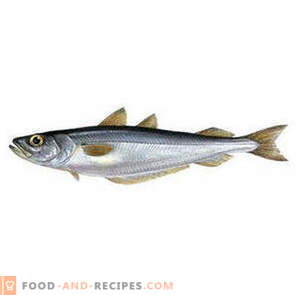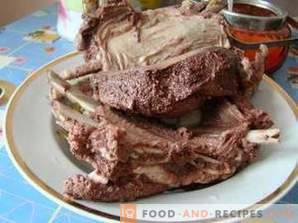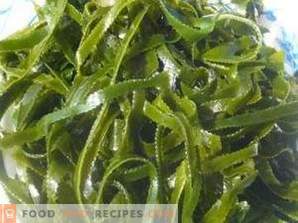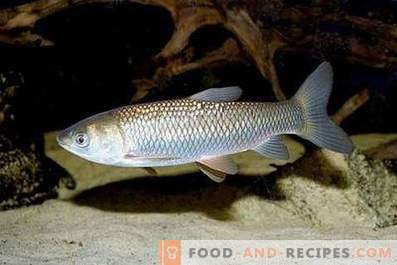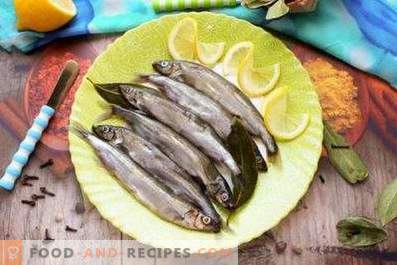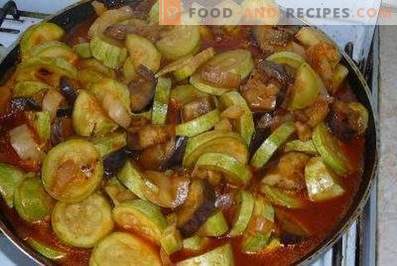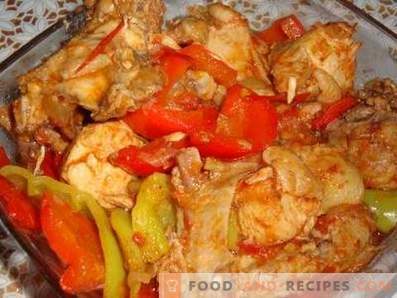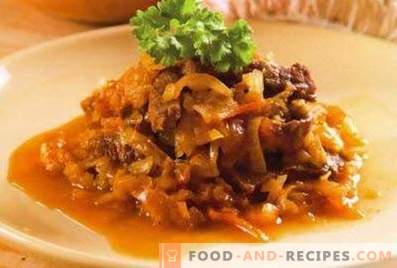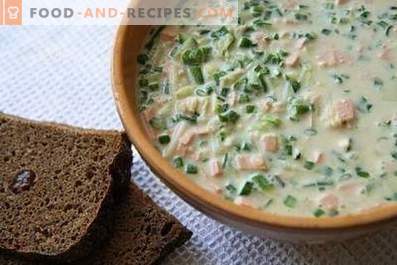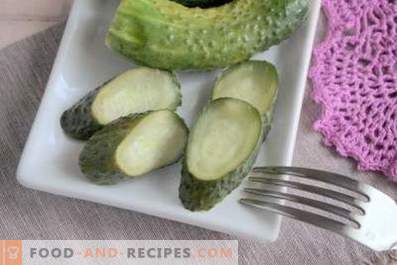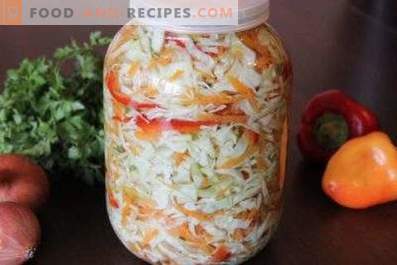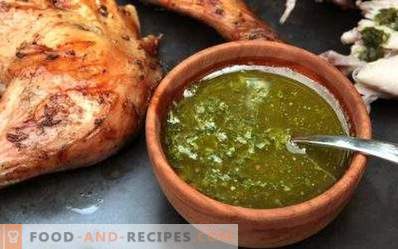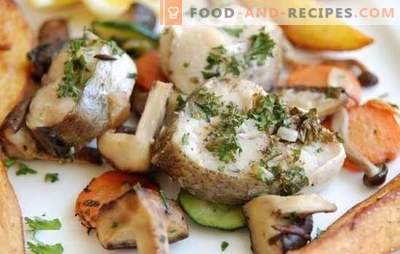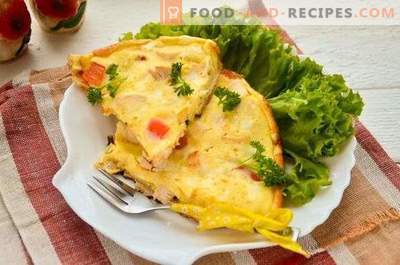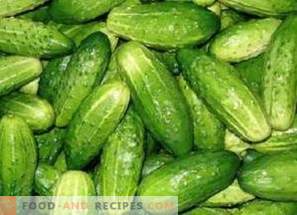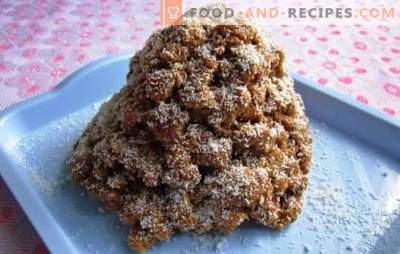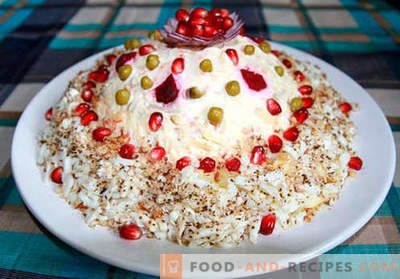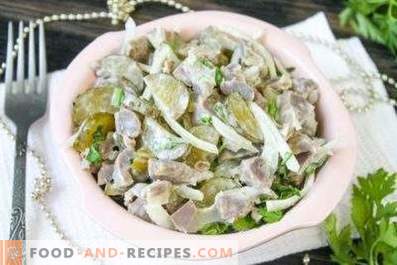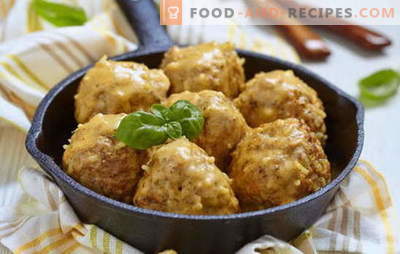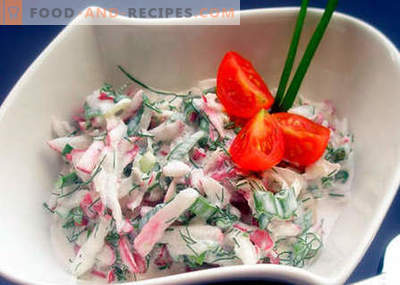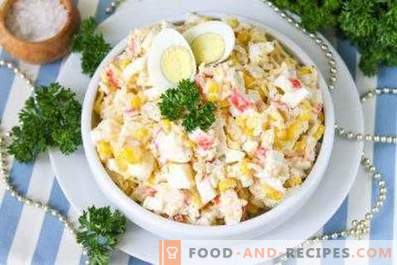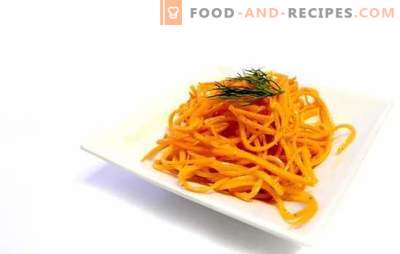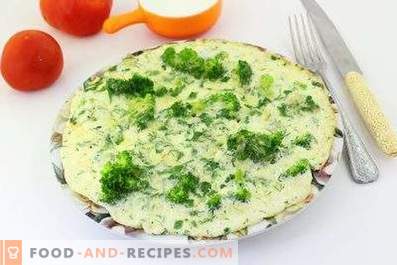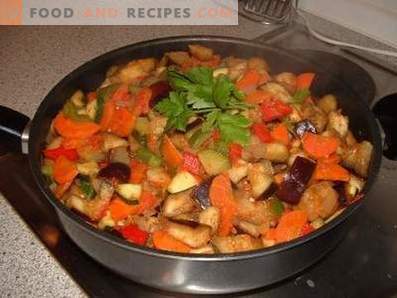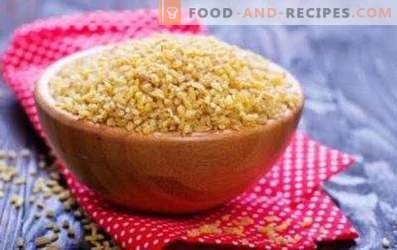
Bulgur is a cereal made from crushed dairy wheat. The grains used for its production are pre-boiled and dried thoroughly in the sun. The finished product has a light brown or golden hue, a pleasant nutty aroma and taste. Crushed wheat groats do not stick together during heat treatment and maintains an elastic consistency.
Boiled bulgur is an excellent side dish for seafood, vegetable and meat dishes. In addition, it is used for stuffing peppers, for the preparation of stuffed cabbage, dolma, Arabian cutlets, pilaf, salads, soups and toppings for baking. Bulgur goes well with dried tomatoes, dried fruits, spicy greens, nuts, mushrooms, mint and olives.
Selection and Storage Procedure
When buying a bulgur, preference should be given to transparent packages, which allow to visually assess the quality of the product. Quality cereals should be:
- dry;
- crumbly;
- clean (there should be no other grains, black flies, sand, pebbles, chips, mold and other impurities).
Experts recommend purchasing Bulgur, produced in Arab countries. When choosing the grain size, you should be guided by which dishes you plan to cook. For example, fine-ground cereal (koftelik) is ideal for soups, pastries and salads. On the basis of a large Bulgur (Plavlik) you can cook porridge or pilaf.
Dry cereals should be stored in a glass jar, tightly closed with a lid. It is advisable to put the container with bulgur in a dry place, reliably protected from sunlight. The shelf life of this product is about 9 months from the date of manufacture.
Nutritional Value
100 g of dry bulgur contains:
- 12, 285 g of proteins;
- 1,301 g of fat;
- 63, 388 g of carbohydrates (including mono- and disaccharides - 0, 409 g);
- 12, 479 g of dietary fiber;
- 8, 799 g of water;
- 1,512 g of ash.
Krupa contains 10 essential (valine, arginine, histidine, leucine, isoleucine, lysine, threonine, methionine, tryptophan and phenylalanine) and 8 interchangeable (cysteine, tyrosine, serine, proline, glycine, alanine, aspartic and glutamic acid) amino acids . In 100 g of the product there are 0, 231 g of saturated, 0, 172 g of monounsaturated and 0, 542 g of polyunsaturated fatty acids.
Vitamins in Bulgur
Quality bulgur is a rich source of vitamins. In 100 g of this cereal are present:
- beta-carotene (provitamin A) - 0, 004 mg;
- thiamine (B1) - 0, 231 mg;
- lutein and zeaxanthin (pigments of the carotenoid group) - 219, 704 mcg;
- Riboflavin (B2) - 0, 114 mg;
- pyridoxine (B6) - 0, 341 mg;
- choline (B4) - 28, 099 mg;
- folates (B9) - 27, 064 mcg;
- pantothenic acid (B5) -1.044 mg;
- tocopherol equivalent, alpha-tocopherol (E) - 0, 057 mg;
- nicotinic acid (PP) - 5, 108 mg.
In addition, the product contains rare vitamin K - phylloquinone. The concentration of this compound is 1, 844 µg per 100 g of dry grains.
Useful items
Trace elements in 100 g of product:
- iron - 2, 457 mg;
- manganese - 3, 047;
- copper - 334, 809 mkg;
- selenium - 2, 288 mkg;
- zinc - 1, 928 mg.
Macroelements in 100 g of cereals:
- potassium - 409, 772 mg;
- calcium - 34, 704 mg;
- magnesium - 163, 669 mg;
- sodium - 16, 522 mg;
- phosphorus - 301, 003 mg.
Caloric content of bulgur
The energy value of 100 g of dry bulgur is 341, 869 kcal. In a similar portion of boiled product contains 84, 522 kcal. The caloric value of 100 g of pilaf from bulgur is 311, 064 kcal, cutlets - 188, 016 kcal, cabbage rolls - 135, 616 kcal, dolma - 199, 675 kcal. Peppers stuffed with this cereal contain 154, 322 kcal per 100 g.
Useful properties of Bulgur
- The complex carbohydrates with which bulgur is rich, charge the body with energy for a long time, maintain a feeling of satiety after a meal for a long time.
- Bulgur is a product with a relatively low glycemic index (48). Because of this, it can be included in the diet menu for diabetics and persons seeking to lose weight.
- The substances contained in bulgur contribute to a decrease in the concentration of sugar in the blood.
- Grains contain coarse dietary fibers that effectively cleanse the intestinal walls, promoting the excretion of poisons, toxic substances, salts of heavy metals and excess liquid.
- Vitamins of group B, with which bulgur is rich, have a positive effect on the state and functioning of the nervous system. Regularly eating dishes from this cereal, you can minimize the negative effects of stressful situations on the body, avoid seasonal depressions, get rid of insomnia, reduce unreasonable irritability and anxiety, prevent the development of neuroses.
- The nutrients contained in the grains of bulgur improve the condition of the skin, make it velvety and elastic, prevent the formation of early wrinkles. In addition, they accelerate the growth of nails and hair, reduce their fragility, give them a healthy and beautiful shine.
- The amino acid tryptophan, pyridoxine, and other compounds present in this cereal composition are involved in the synthesis of serotonin. This hormone is involved in the regulation of mood, improves appetite, increases libido and prevents the development of sleep disorders.
- Boiled bulgur accelerates metabolic processes in the body.
- The folates and iron contained in this product are involved in the blood formation process. Therefore, dishes made from it are useful to persons suffering from anemia.
- In folk medicine, undercooked bulgur grains are used to prepare warm compresses for bronchitis and sinus.
- Potassium and magnesium, present in the composition of cereals, strengthen the heart muscle, give extra strength and elasticity to the vessels. With regular use of dishes prepared on its basis, the risk of developing cardiac pathologies is significantly reduced.
- Bulgur contains a complex of natural antioxidants. These compounds neutralize the destructive effects of free radicals on the cells and reduce the likelihood of the formation of tumor neoplasms.
- Bulgur contains nutrients that reduce the concentration of “harmful” cholesterol in the blood. Therefore, nutritionists recommend this product to people prone to the development of atherosclerosis.
- Calcium and phosphorus, which enter the body, strengthen bone tissue. This significantly reduces the risk of developing diseases of the musculoskeletal system and dental diseases.
- Vitamin K contained in bulgur regulates the level of blood clotting and prevents the development of internal bleeding. In addition, it greatly accelerates the regeneration of damaged tissues.
- A natural anti-cellulite scrub is prepared on the basis of finely ground Bulgur. To do this, a large handful of grains combined with 3-4 tbsp. spoons of heated olive oil and mix thoroughly. The resulting mass is rubbed problem areas 2-3 times a week.
Product Benefit for Children
- Bulgur is an excellent source of vitamins and other nutrients necessary for the normal development and growth of a child.
- The substances contained in this croup improve memory and concentration of attention, increase children's ability to learn.
- A moderate consumption of this product contributes to the normalization of digestion, helps to get rid of chronic constipation.
- Folk healers recommend feeding children who have suffered serious illnesses with bulgur porridge with honey added. This dish helps to quickly restore strength, strengthen the immune system.
Contraindications and harm of bulgur
- Gluten (gluten) is present in the bulgur composition. Therefore, this product is contraindicated in people who have previously been diagnosed with gluten enteropathy (celiac disease).
- Dishes from this cereal can contribute to the development of allergic reactions. Therefore, persons suffering from food allergies should use this product with caution or completely eliminate it from the menu.
- Bulgur is rich in coarse dietary fiber. Abuse of this product can cause digestive disorders (diarrhea, increased gas formation, etc.).
- Nutritionists advise people suffering from gastritis to minimize the consumption of bulgur. It is strictly forbidden to include dishes prepared on its basis in the menu during periods of exacerbation of any chronic diseases of the digestive tract.
- Pediatricians do not recommend giving Bulgur to children under 2 years old.

